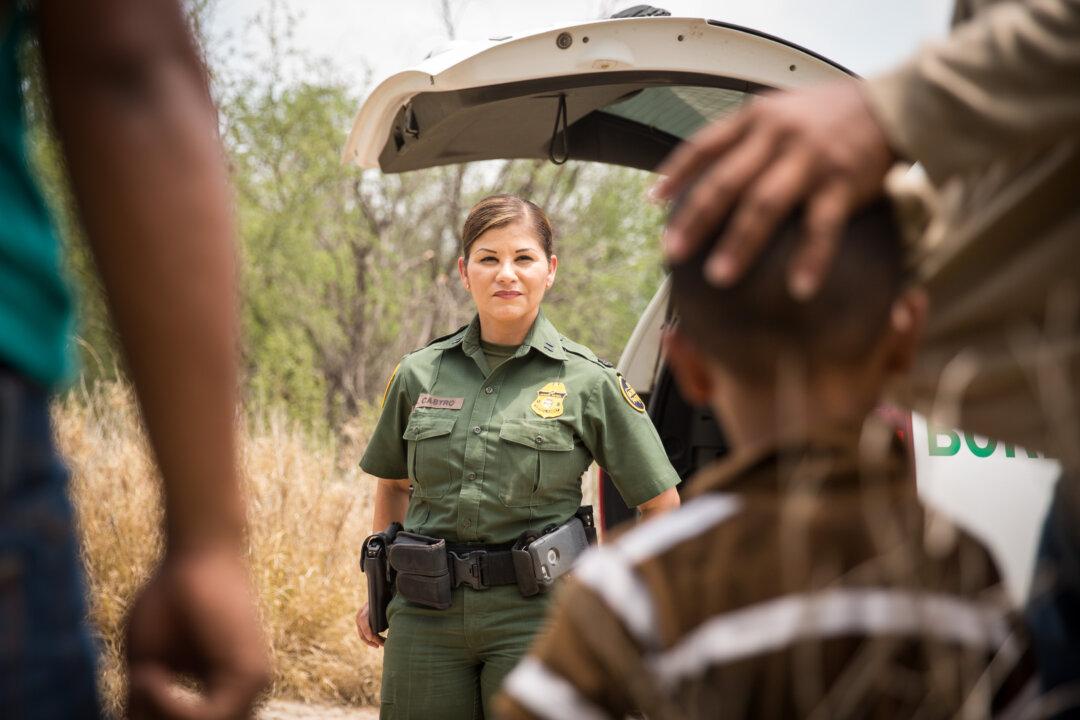WASHINGTON—Children are being rented, bought, kidnapped, and recycled so that single adults, mostly men from Central America, can gain quick release into the United States after crossing the border illegally.
The cost of renting a child varies.


WASHINGTON—Children are being rented, bought, kidnapped, and recycled so that single adults, mostly men from Central America, can gain quick release into the United States after crossing the border illegally.
The cost of renting a child varies.